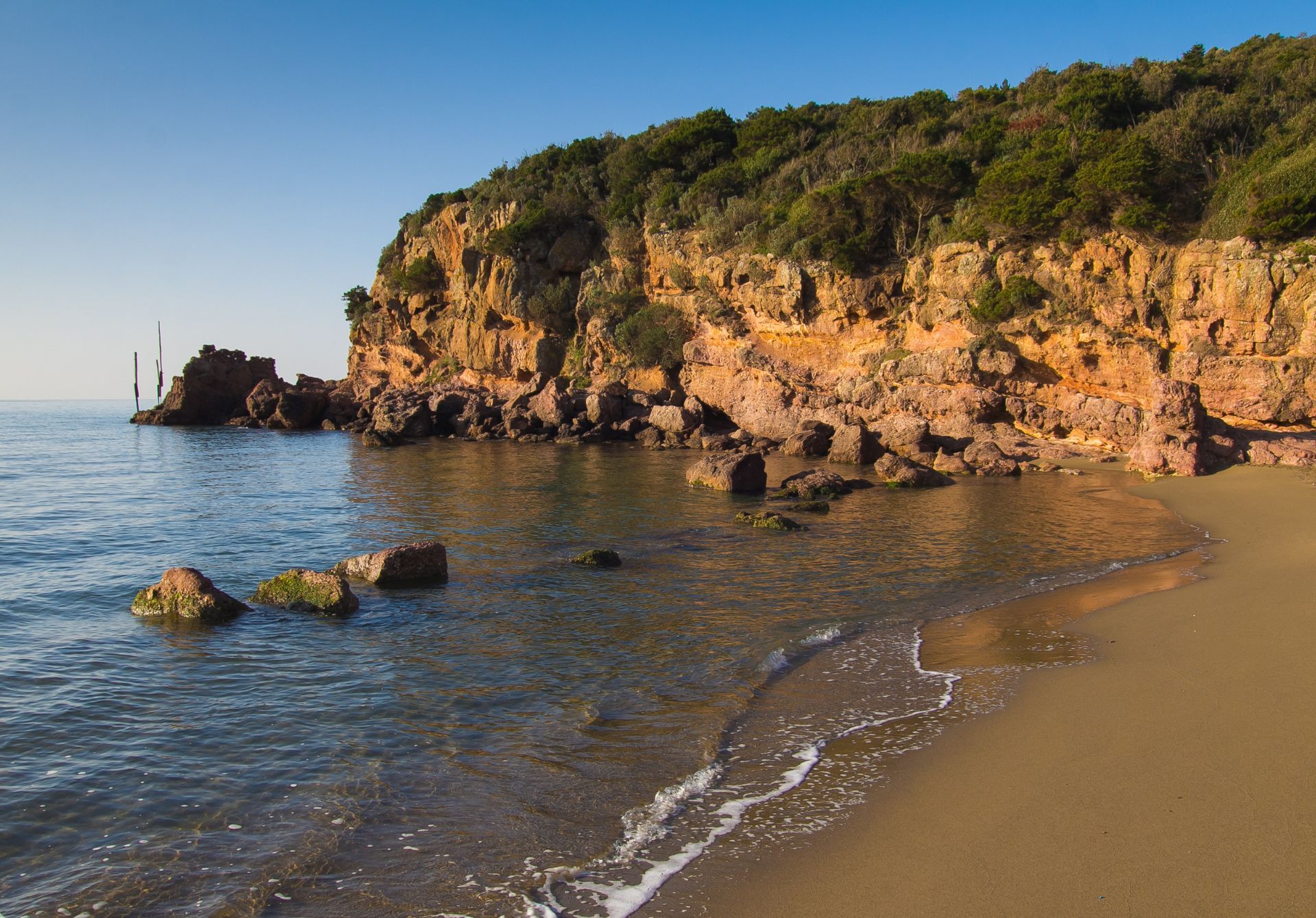Nestled along the picturesque Tyrrhenian coast of Tuscany, Castiglione della Pescaia stands as a testament to Italy’s rich historical and natural heritage. This enchanting municipality in the province of Grosseto represents a perfect blend of medieval charm, natural beauty, and cultural significance that has captivated visitors for centuries.
Strategically positioned in the heart of the Maremma region, the town’s history dates back to Etruscan and Roman times. Archaeological evidence suggests continuous human settlement in the area since pre-classical periods, with the town’s strategic coastal location playing a crucial role in its development.
Architectural Marvels and Medieval Heritage
The town’s most striking feature is its impeccably preserved medieval castle, which dominates the landscape and offers breathtaking panoramic views of the surrounding coastline. Constructed in the 10th century, the fortress represents a remarkable example of medieval defensive architecture, having successfully protected the settlement from numerous maritime invasions.
Walking through the narrow cobblestone streets of the historic center, visitors are transported back in time. The town’s urban layout maintains its original medieval structure, with stone buildings, ancient churches, and charming piazzas that tell stories of centuries past.
Natural Splendor and Environmental Significance
Marine and Terrestrial Biodiversity
Castiglione della Pescaia is not just a historical treasure but also an environmental gem. The municipality encompasses a diverse ecosystem that includes pristine beaches, pine forests, and wetlands that are home to numerous rare species. The local nature reserves, particularly the Diaccia Botrona marsh, are recognized as internationally significant wildlife habitats.
Statistical data from regional environmental studies indicate that the area hosts over 200 bird species, making it a critical stopover for migratory birds. The marsh covers approximately 650 hectares and serves as a crucial ecological corridor for wildlife conservation.
Economic Landscape and Tourism
Tourism plays a vital role in the local economy, with the town attracting over 300,000 visitors annually. The municipality has successfully balanced preservation with sustainable tourism development, offering a range of experiences from luxury resorts to authentic agriturismi (farm stays).
Local agriculture remains significant, with wine and olive oil production being key economic activities. The region’s DOC (Denominazione di Origine Controllata) wines and extra virgin olive oils are renowned for their exceptional quality, representing the quintessential flavors of Tuscan terroir.
Cultural Experiences and Local Traditions
The town celebrates numerous festivals throughout the year that showcase its rich cultural heritage. The most notable is the Medieval Festival in July, which transforms the historic center into a vibrant reenactment of 14th-century life, complete with historical costumes, traditional crafts, and authentic medieval cuisine.
Whether one is a history enthusiast, nature lover, culinary adventurer, or simply seeking an authentic Italian experience, Castiglione della Pescaia promises an unforgettable journey through time, culture, and natural beauty.

